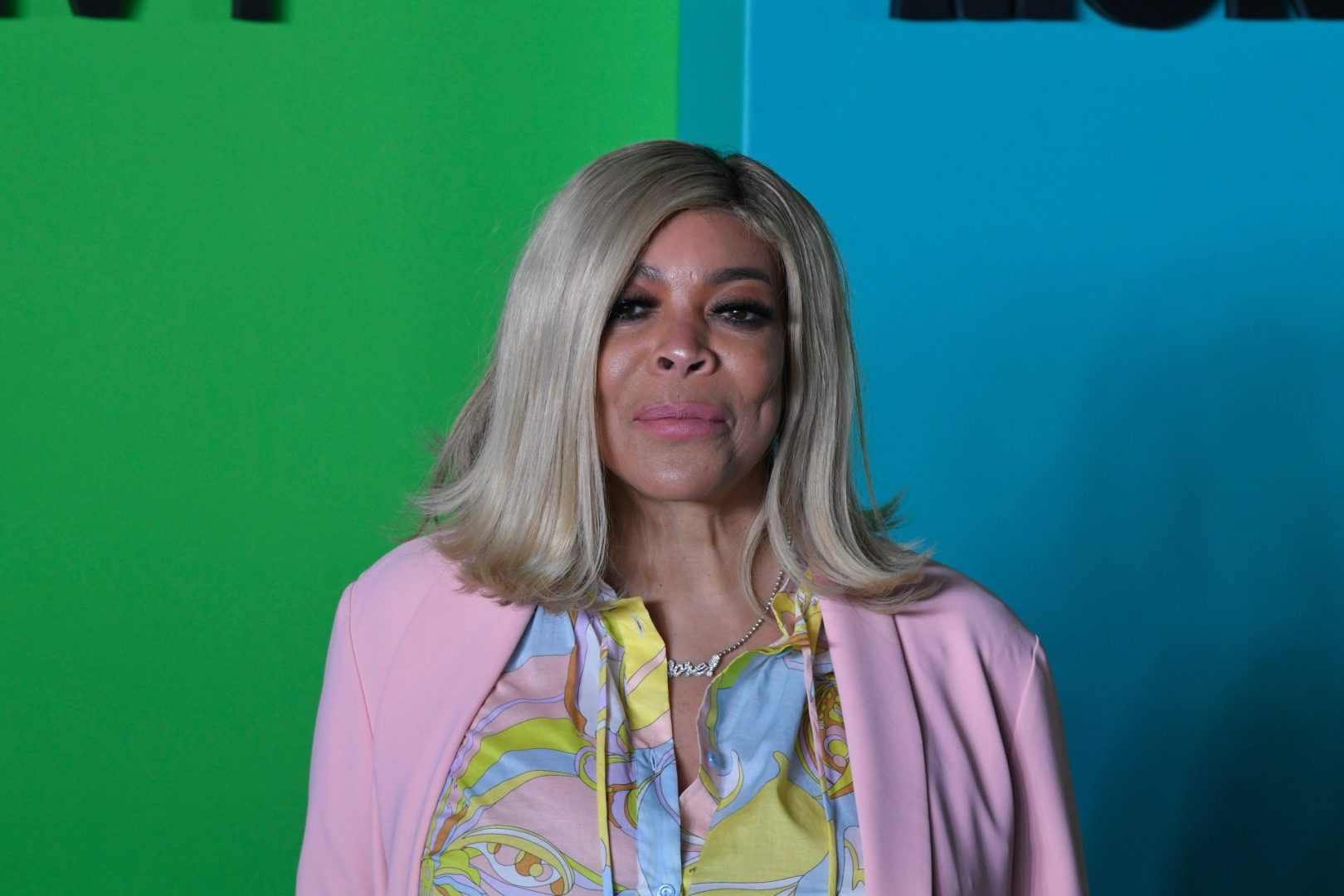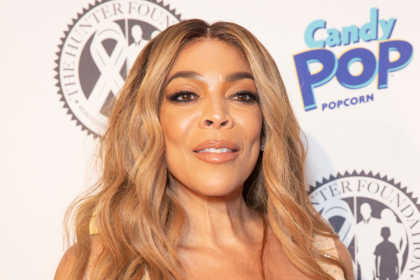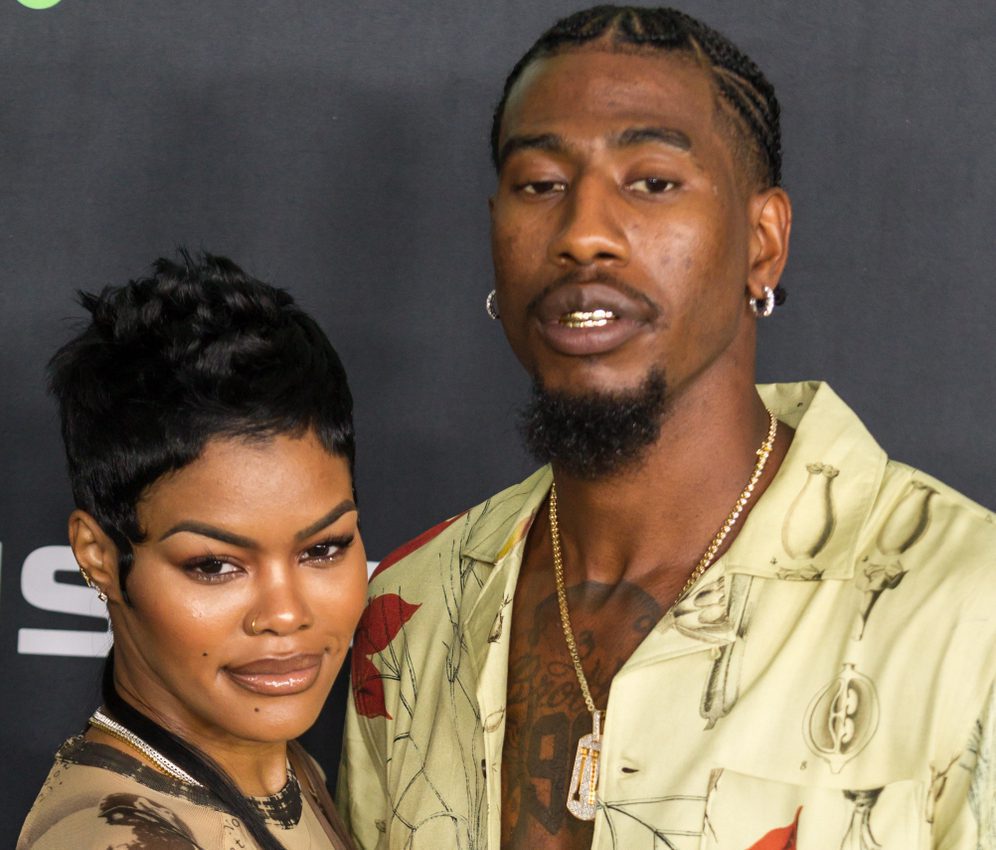Former daytime television star Wendy Williams is currently engaged in a legal dispute that has brought her ongoing health struggles into the spotlight. Recently, her attorney revealed that Williams is experiencing permanent cognitive decline due to dementia, a condition that has left her unable to manage her business affairs or make informed decisions. The legal battle centers around a lawsuit against Lifetime, which Williams’s legal team claims exploited her vulnerable state.
Legal action against Lifetime Network
On November 12, 2024, Williams’s legal team filed a lawsuit against the Lifetime network, accusing them of producing the documentary Where Is Wendy Williams? without her informed consent. Sabrina Morrissey, Williams’s attorney, stated that the documentary was created during a time when Williams was struggling with severe cognitive issues and was not in a position to give approval for filming.
The lawsuit targets multiple defendants, including A&E Television Networks, Lifetime Entertainment Services, EOne Productions, Creature Films, and the documentary’s executive producer, Mark Ford. The legal filing alleges that these parties took advantage of Williams’s deteriorating physical and mental state, effectively exploiting her for their own gain.
Counterclaims from the defendants
In response to the lawsuit, the defendants have filed a countersuit, asserting that Williams had previously signed agreements and provided creative direction for the documentary before her diagnosis. They argue that Morrissey’s legal action is an attempt to deflect from her own failure to protect Williams, particularly in her role as the guardian managing Williams’s affairs.
The countersuit underscores the complexity of the situation, highlighting the legal and ethical challenges involved in managing someone’s health and finances when they are experiencing cognitive decline. The back-and-forth between Williams’s legal team and the defendants points to a battle over accountability and the future management of her affairs.
Background on Wendy Williams’s health issues
Wendy Williams’s health struggles have been widely reported over the past few years. In 2022, she was placed under a court-ordered guardianship after concerns about her mental health, alcohol abuse, and erratic financial behavior. This decision was largely prompted by Wells Fargo Bank, which froze her assets after discovering unusual financial transactions.
Subsequent medical evaluations revealed that Williams was suffering from alcohol-related brain damage and frontotemporal dementia. These diagnoses led to the appointment of Sabrina Morrissey as Williams’s estate and personal medical guardian, a role that has sparked controversy among Williams’s family members.
Family concerns and alienation
Williams’s family has voiced serious concerns about her well-being, claiming that the guardianship has led to significant alienation. Reports indicate that her son, Kevin Hunter Jr., has been kept in the dark about his mother’s whereabouts and has had limited access to her. This lack of communication with her family has raised alarms, with loved ones expressing fears about her isolation and mental state.
Williams’s family believes that the secrecy surrounding her location and the lack of involvement in her care is having a negative impact on her health and overall quality of life. The alienation has only deepened the emotional toll on her loved ones, who fear that Williams’s autonomy is being compromised.
Conclusion
The legal and health battles surrounding Wendy Williams highlight the complex and sensitive issues that arise when dealing with cognitive decline and guardianship. As Williams continues to face challenges with her health, the public and her family alike must navigate the difficult terrain of legal disputes, guardianship, and medical care.
As the case progresses, it remains crucial to approach the situation with empathy and respect for Williams’s dignity. The unfolding legal battles and family concerns serve as a reminder of the delicate nature of cognitive health issues, especially for public figures who may face additional scrutiny.















